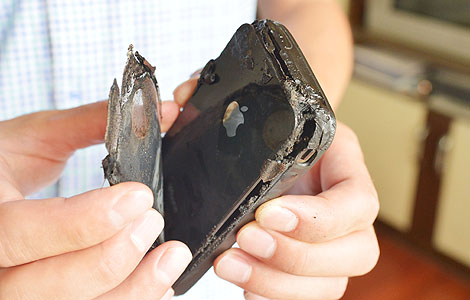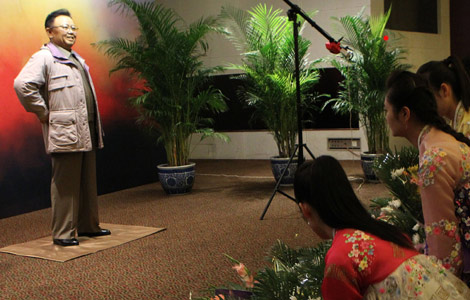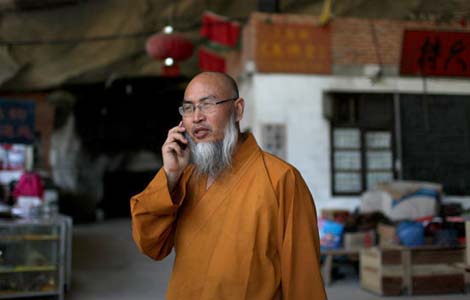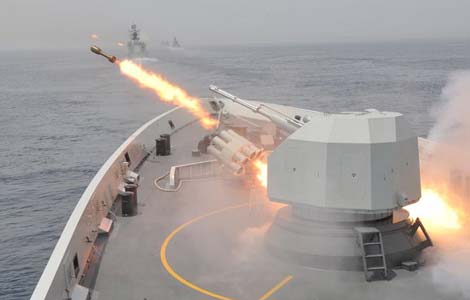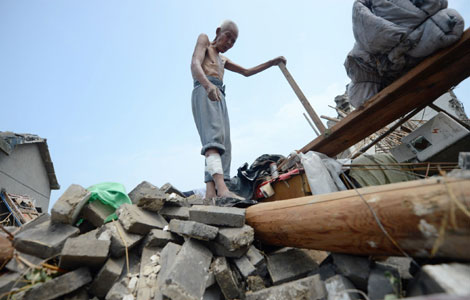

Portuguese-speaking countries offer great potential for investors
Macao is a unique commerce and trade platform for Chinese companies looking to explore Portuguese-speaking countries, according to Jackson Chang, president of the Macao Trade and Investment Promotion Institute.
"We have been working very hard in the last decade to increase cooperation and communication in this field and promote the city as a trading platform," he said.
Seven of the eight Portuguese-speaking countries in the world — namely Portugal, Brazil, Angola, Cape Verde, Guinea-Bissau, Mozambique and East Timor — have established diplomatic relations with China, the exception being Sao Tome and Principe.
"This is a sizable market with a lot of potential," Chang said. The total population of the eight countries is close to 300 million.
Macao was under Portugal's rule for more than 400 years, and many Macao residents still speak Portuguese. "This is a great advantage for us to act as a bridge to that market," he said.
Of the eight countries, Brazil and Portugal are the two hottest destinations for investors, he said.
"Angola also bears a great potential. A lot of Chinese businessmen have invested there," Chang said.
"Macao can be a good platform for Beijing entrepreneurs to expand their business overseas."
Apart from tourism and gaming, the government of the Macao Special Administrative Region is prioritizing the development of the conference and exhibition industry.
A special committee has been established to assist its growth. More than 10,000 exhibitions were held in Macao last year.
Chang said the government has rolled out one-stop services for businesses that hold conferences in the city.
"We are now able to guide them from scratch by providing all the preferential offers and government support for them to hold exhibitions here. We also open our arms to various cooperative activities such as annual meetings."
Chang also called Macao "a free-trading port with a very friendly business environment".
"Beijing entrepreneurs are able to enjoy six months of free assistance from the Macao government if they want to set up offices here. We would even provide free offices," Chang said.
He noted that the tax rates in Macao are very low — income tax is no more than 12 percent.
In addition, after setting up a business in Macao for two years, Beijing companies will be granted the same preferential treatment provided to local entities in certain areas, such as subsidies of up to 60 percent of the cost of participation in overseas trading exhibitions.
Since Beijing sent its first delegation to the Macao International Trade and Investment Fair in 2010, more and more companies from the capital city have joined the trading exhibition in recent years, Chang said.
"I think Macao will prove to be a pleasant surprise to Beijing entrepreneurs as a trading center. The fair is helping them reach more overseas business. That's why they are coming back every year."
He said Macao is also working on arranging trade delegations to go to Portuguese-speaking countries. More than 100 entrepreneurs from Beijing and local business circles visited East Timor recently.

